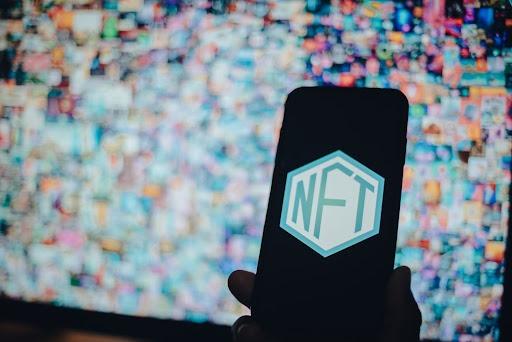Amid the Metaverse and NFT hype entrepreneurs, trademark owners, tech startups, and local business owners share an interest to learn more about this world phenomenon. The metaverse is a future evolution of the Internet based on virtual worlds in which people interact as 3D characters from across the world.
The rebranding of Facebook on October 28th to Meta has gradually spread awareness of the metaverse and NFTs. More and more entrepreneurs, trademark owners, tech startups, and local business owners all over the world are studying and pioneering this new technology.
Part of Facebook’s mission is to spearhead the creation of the metaverse by incorporating Virtual reality (VR) and augmented reality (AR) while blockchain technology such as NFT may provide the backbone of various interactions in the metaverse. As exciting as this technology is, law firms are exploring what copyright laws, trademarks, and intellectual property protections look like in regard to the metaverse. “Ownership” in the metaverse is nothing more than a form of licensing, or provision of services. True ownership still lies with the owner. This may mean that the buyer cannot make commercial use of the item without permission from the copyright owner or relevant trademark holder.
Legal Issues in NFTs is Emerging Area
As awareness and literature on NFTs grow, more artists are using their skills to enter the digital world of NFTs. Graphics and 3-D designers from Viana do Bolo, Spain designed digital jewelry a Jevels, a digital jewelry marketplace. More and more jewelry designers and brands planning to enter this space such as British jeweler Asprey in partnership with Bugatti to introduce its first NFTs. In its early days, many were skeptical of NFTs and metaverse. However, since Beeple’s mind-shattering sale of $69 million on March 11th, 2021 at Christie’s for the piece Everyday- The first 500 days, more artists are pioneering into the space. Check our article on major brands who have joined the movement.
Ranking NFT sales is complicated since the value of Ethereum, a blockchain technology, is constantly fluctuating, which has struck some as unstable especially with the exponential growth of NFT sales. More artists are making huge dents in this digital space. Whisbe, the artist of the gummy bear mug shot made his biggest sale of 1 million. Edward Snowden’s NFT art features court documents with his portrait by Platon overlaid above the text, sold for 5.4 Million. Every day, you can find new articles, tweets, and social media posts of artists of all backgrounds making sales in the space. For example, Belle takes the stage for the top three most valued NFT art pieces. The sustainability of NFT may be questionable, yet more artists, celebrities, investors, business owners, and people from all walks of life are taking the plunge.
Unlike bitcoin, NFTs are non-fungible, which means once a unique piece of NFT is created, it can never be replicated, it is forever a unique piece of a digital asset. Only time will tell whether the metaverse and NFTs are sustainable modes of trade and value. Pessimists are saving the bubble that has burst or are about to while others claim this digital world is just getting started.
As history has shown, early adopters tend to be those who take the most risk but also get the most gains. In the event of the internet and computers, it was the early adopters who created the momentum, so you see today how these two technologies infiltrated our lives, will metaverse and NFT follow this same path?
Non-Fungible Tokens (NFT) and Law
The ownership history of NFTs is the blockchain equivalent of real property records recorded with the local county’s recorder of deeds, except this property exists in the digital space of metaverse. The sale of an NFT does not necessarily transfer the underlying copyright in the work which exists “off-chain” to the purchaser. The transfer of the underlying copyright is up to the creator or most recent copyright owner. Navigating the implications of registering copyrights and trademarks is complex as the Metaverse and NFTs evolve.
Our attorneys are experts in dealing with changes in the digital and tech landscape. As the law field learns and implements needed documentation, copyright, trademarks, and patents in regards to meta and NFTs, we are arming ourselves with a plethora of legal resources for investors, tech startups, and business owners. As exciting as this digital space is becoming, it is important to consult with experts in law and licensed attorneys before involving your assets. Business, and intellectual properties in the world of meta. No matter how much research you do on NFTs, only an experienced attorney knows the legal implications of participating in this digital landscape.
All brands, entrepreneurs, and business owners are well-advised to consult with an experienced attorney in Los Angeles, New York, Atlanta, Miami, or Dallas, before diving into an NFT or metaverse business venture.


